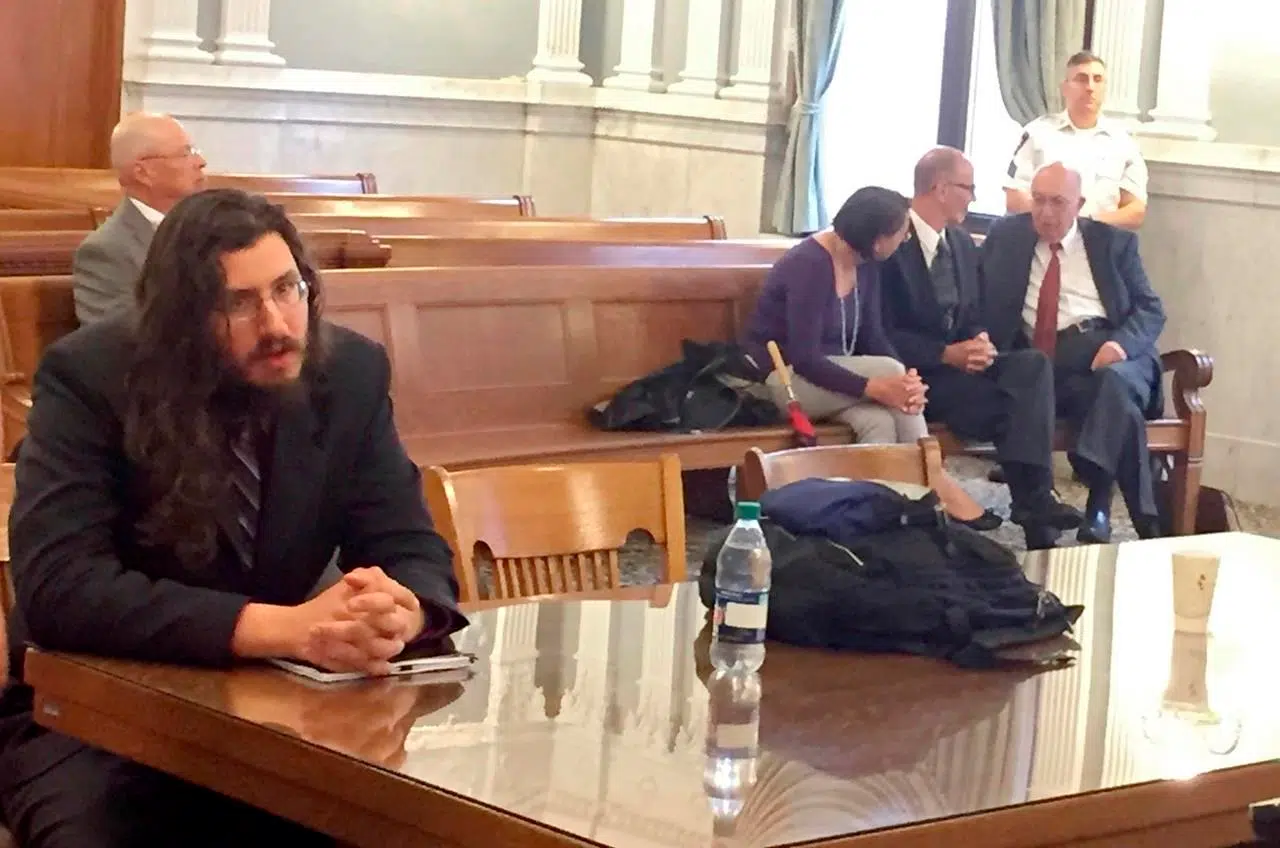
Are we too easy, or too tough on our young?
“AT THE AGE OF NINE I had to do the work of a teenager, working with four horses hitched to a set of harrows walking behind barefooted. Boots couldn’t be worn because they would fill up with dirt, the result would be very sore feet. Of course during the summer we walked barefoot even to school. However, I don’t recall this unpleasant or a hardship. I cried many a tear at that age trying to control and direct the horses in the right direction. However, with time and patience, I learned to get the job done.”
— Ben Rothenburger
My Dad wrote those words not long before he died in 1992. The time he wrote about, the summer when he was nine, was 99 years ago.
I think often of my father, especially when I see stories about how tough our young people have it these days, or when I hear a debate about whether or not we should give them more responsibility.


